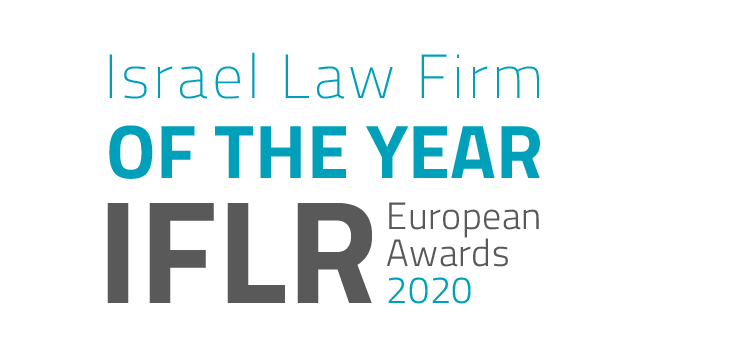The Stoler Report – Israel Bond Financing: A Unique Way to Finance Commercial Real Estate
There is a growing trend of initial public offerings of debt in Israel by U.S. (and Canadian) real estate companies with income-producing real estate and the listing of the bonds for trading on the Tel Aviv Stock Exchange.
During 2014 and 2015, approximately 15 such real estate companies completed public debt offerings in Israel, the large majority of which were initial public offerings, raising approximately NIS 8 billion in total (equivalent to approximately US$2 billion) during such period. The offerings typically had interest rates ranging between 3%-8% and the debt was usually unsecured. The proceeds from these offerings are, in most cases, intended to be used to refinance existing mezzanine loans (which are typically subordinated to real estate mortgages) and in some cases are used to buy out minority interests in the assets, as well as to acquire new assets and for the issuer’s general corporate purposes.
The Israeli corporate bond market features a broad range of investors, retail and institutional, who benefit from an efficient market with low trading costs, relative to corporate bond markets around the world, in which the activity of institutional investors is mostly predominant due to high trading costs for small investors.
The common structure for these offerings is that the holdings in several real estate assets (typically located in the United States and held by LLCs) are transferred to a special purpose company, typically incorporated in the British Virgin Islands (BVI), for tax reasons, which issues the bonds, and the entity or shareholders (typically based in the United States) that had controlled the real estate assets continue to control those assets through the BVI entity. The principal commercial advantage of this structure is that real estate companies can issue debt with respect to their entire real estate portfolio (or a large portion of it), rather than financing properties individually (which is the typical structure). As a result, the amount of money they raise increases substantially while in effect spreading the risk over multiple properties.
The financial advantages for international real estate companies raising debt in the Israeli market are, primarily, attractive interest rates and the ability to raise relatively smaller amounts of money in a bond offering, which is a particularly appropriate vehicle — in size and scope — for small-to-medium sized real estate companies. In addition, the Israeli credit rating agencies have provided relatively high ratings (ranging between BBB+ to A) to these smaller U.S. real estate companies compared to the U.S. credit rating agencies, which would typically provide lower ratings to companies of such size, resulting in interest rates that are typically lower than the interest rates that small-to-medium sized real estate companies could find in the United States. Furthermore, the offering expenses are typically significantly lower in comparison to the cost of consummating a public debt offering in the United States.
The offering documents include features that are designed to address the principal concerns of Israeli investors resulting from the offshore structure of these offerings. The primary concern relates to the bondholders’ ability to take action in the event of insolvency against the issuer and the real estate assets, which typically reside outside Israel. To address this concern, the issuer undertakes in the offering documents to subject itself to Israeli laws and jurisdiction in the event of legal proceedings relating to the offering and the bonds, and the controlling shareholders and directors undertake to not initiate any insolvency proceedings against the issuer outside of Israel or object to such proceedings being held in Israel. Over time, the offering documents have come to include an increasing number of issuer covenants, including covenants relating to the distribution of dividends, transactions with controlling shareholders, and the controlling shareholders provide the issuer with a right of first refusal with respect to business opportunities that could benefit the issuer. Historically the issuers have agreed to become subject to Section 38A of the Israeli Securities Law, under which certain corporate governance and other provisions of the Israeli Companies Law and certain regulations promulgated under the Israeli Securities Law relating to transactions with controlling shareholders and tender offers are applied to non-Israeli companies that have issued shares to the public in Israel, and under a recent amendment to the Israeli Securities law, such Section 38A now also applies to foreign companies that have issued debt to the public in Israel.
Typically the transaction structure involves a membership interests purchase agreement for transferring the ownership in the LLCs that own the real estate assets to the BVI company. Legal opinions are rendered by both BVI counsel (regarding corporate status and corporate law matters) and U.S. counsel (regarding the transfer of the ownership in the LLCs); in addition, a U.S. securities opinion is rendered by U.S. counsel to the Tel Aviv Stock Exchange.

